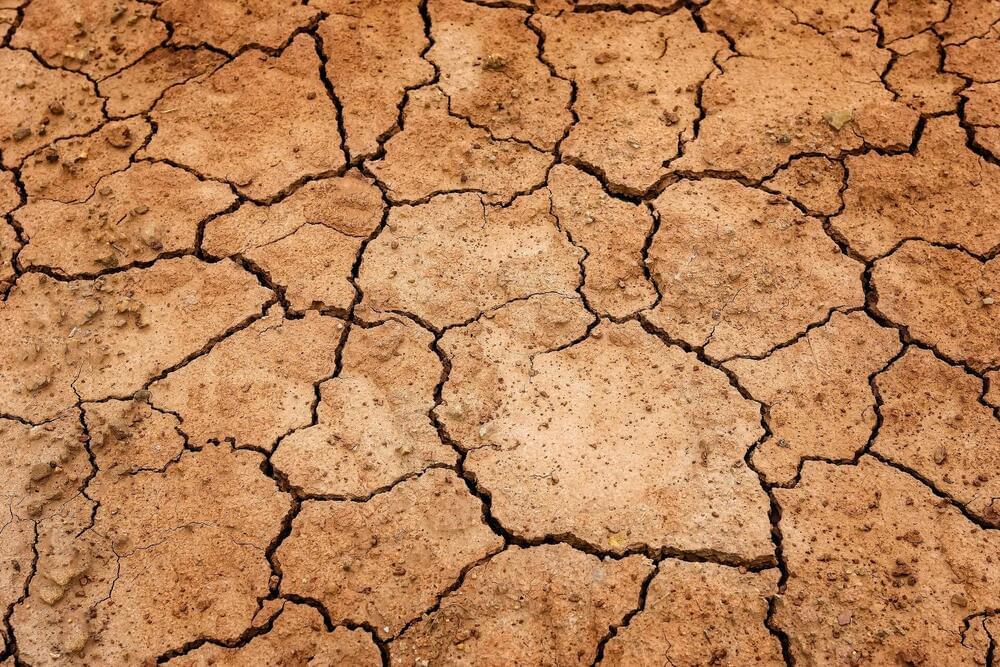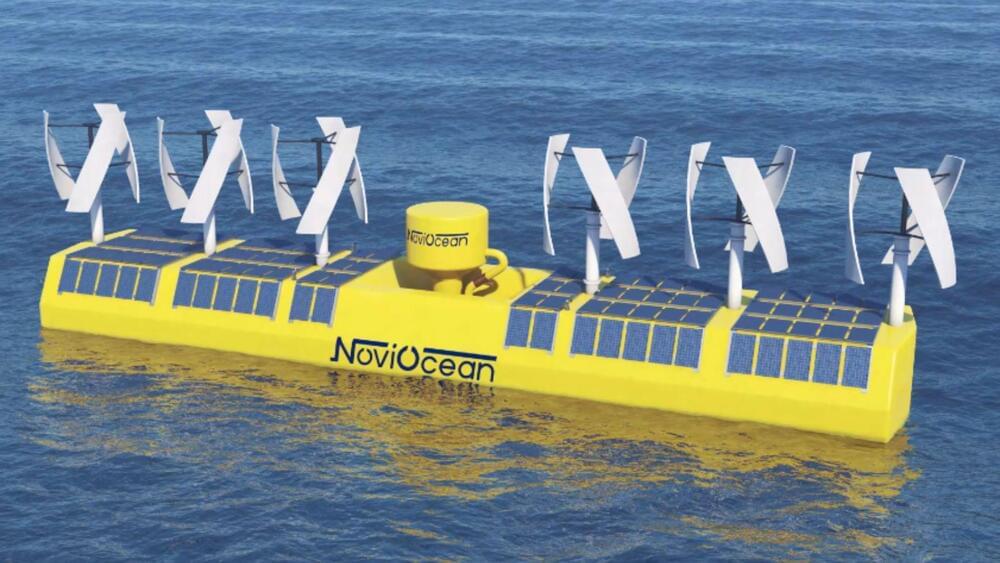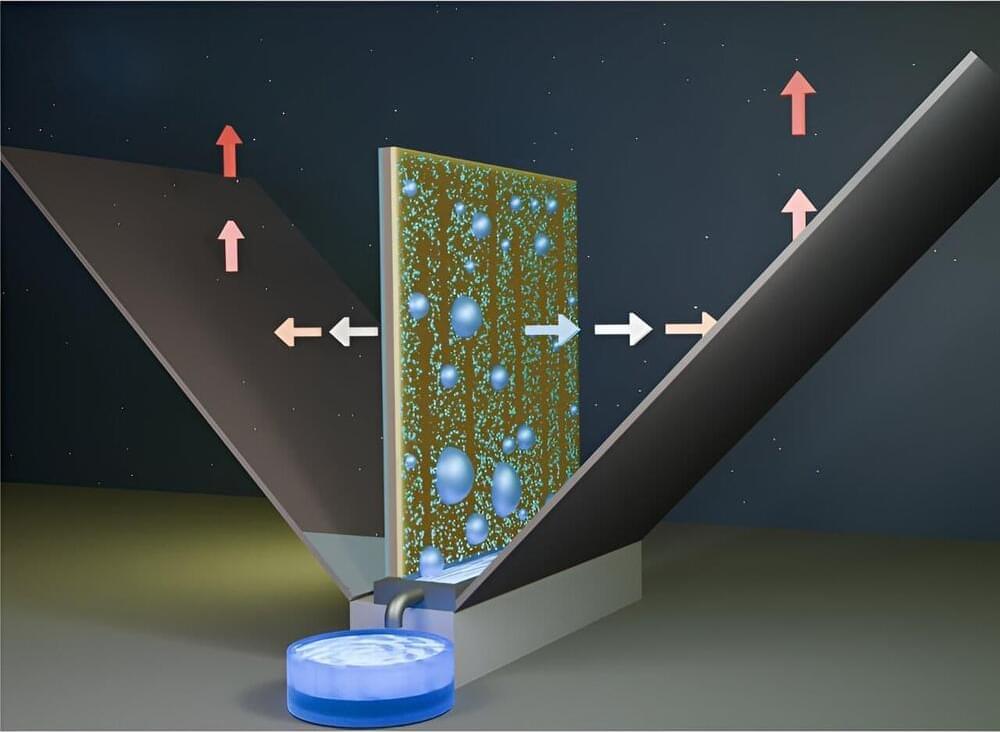
How will climate change alter winter weather in the future? This is what a recent study published in npj Climate and Atmospheric Science hopes to address as a team of researchers investigated the long-term effects of climate change on winter weather precipitation, or wetness. This study has the potential to help researchers, climate scientists, policymakers, and the public understand the long-term consequences of global climate change and the steps that can be taken to mitigate it.
For the study, the researchers used computer models to compare precipitation levels between 1985 and 2014 and compared these to model-predicted data spanning from 2070 to 2099 across seven subregions across the United States. In the end, the researchers estimate an increase between 2 to 5 percent of precipitation for every degree increase before the end of the century, noting this increase will hit the Northwest and Northeast regions of the United States the hardest.
“We found that, unlike summer and other seasons where projected changes in precipitation is highly uncertain, there will be a robust future intensification of winter precipitation,” said Dr. Akintomide Akinsanola, who is an assistant professor in the Department of Earth and Environmental Sciences at the University of Illinois Chicago and lead author of the study. “It will accelerate well past what we have seen in historic data.”


















